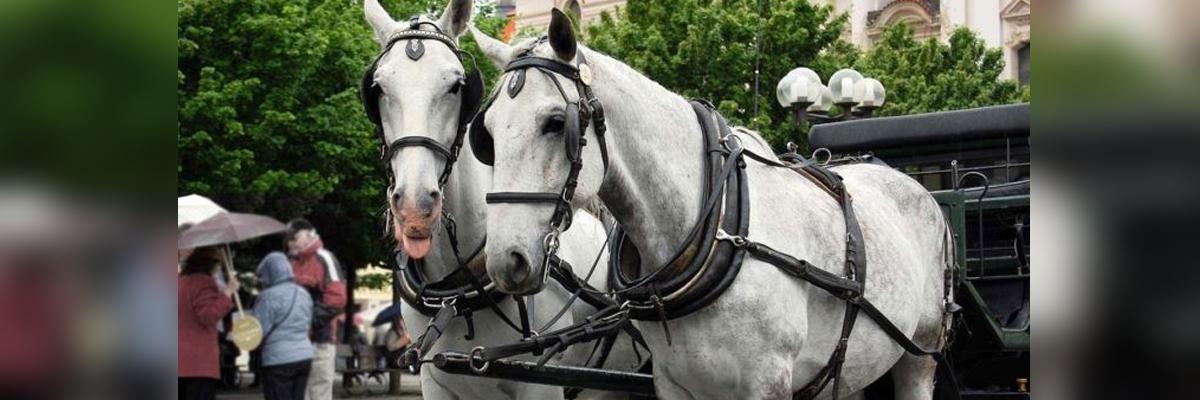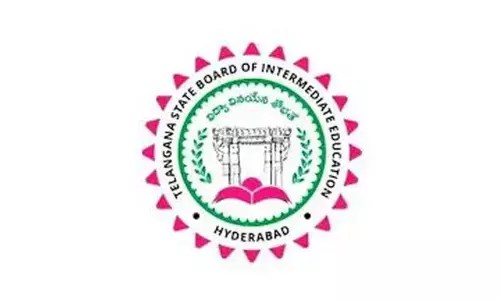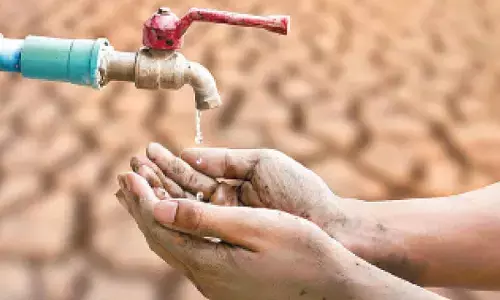Plea over use of horses for producing anti-toxins

The Delhi High Court on Tuesday sought the Centres response to an NGOs public interest litigation plea opposing the age old practice of using horses and mules for production of antitoxins and antivenoms
- The prevalent practice, developed in the late 19th and early 20th century, of producing anti-toxins or anti-venoms involves injecting equines with a limited amount of the poison and thereafter, bleeding them to harvest the sera produced
New Delhi: The Delhi High Court on Tuesday sought the Centre's response to an NGO's public interest litigation plea opposing the age-old practice of using horses and mules for production of anti-toxins and anti-venoms.
A bench of Chief Justice Rajendra Menon and Justice V K Rao issued notices to several central ministries, the Animal Welfare Board of India (AWBI) as well as the Committee for Purpose of Control and Supervision of Experiments on Animals (CPCSEA), seeking their stand on the plea by March 19, 2019.
The court also sought response of the Central Drugs Standard Control Organisation (CDSCO) and various Indian pharma firms, which according to the People for the Ethical Treatment of Animals (PETA), use equines to produce anti-toxins and anti-venoms.
NGO PETA, represented by advocate Rajshekhar Rao, has sought directions to the central government to exclude animal-based production techniques wherever an alternate mechanism, not involving animals, was available.
In its plea, the NGO has urged the government to "encourage development of non-animal based production techniques" for manufacturing anti-toxins, anti-venoms and other antibodies, so that use of animals, especially equines, can be phased out.
The prevalent practice, developed in the late 19th and early 20th century, of producing anti-toxins or anti-venoms involves injecting equines with a limited amount of the poison and thereafter, bleeding them to harvest the sera produced. PETA has claimed that the practice leaves the equine in poor health, violates mandatory legal requirements, and "impinges upon the basic right to life of animals".
It has said that "majority of the animals in these establishments (pharma firms) were inter alia found to suffer from poor physical and mental health". The plea has claimed that according to a CPCSEA report of 2017, none of the inspected pharma firms -- involved in use of equines to make the antibodies -- had trained veterinarians for taking care of the animals and on top of that they used wrong bore sized needs for bleeding them and there was no set limit on the amount of blood that can be removed.
The NGO, in its petition, has sought directions to the pharma firms to "ensure proper rehabilitation and care of the equines who are diseased, aged, unhealthy and physically unfit". It also urged the court to direct the Centre, AWBI and CDCSO to take immediate steps for cancellation of licences of all the establishments which are found to be in violation of the protocols laid down by CPCSEA for care and management of equines used in the production of the antibodies.








